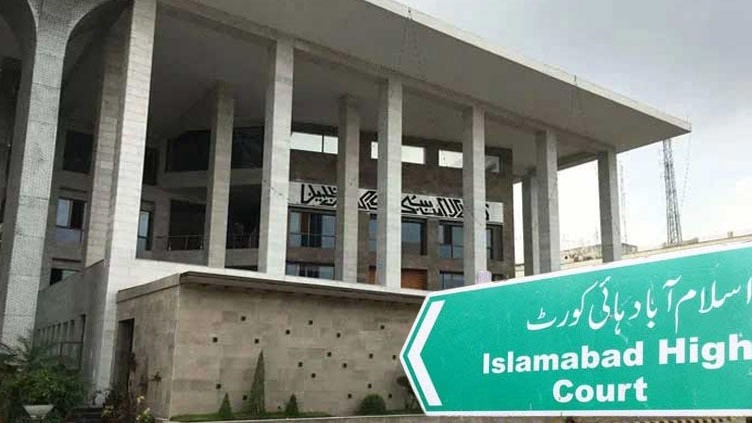Islamabad High Court Reaffirms Access to PTI Founder
The Islamabad High Court (IHC) has ordered the superintendent of Adiala Jail to immediately allow meetings between the founder of the Pakistan Tehreek-e-Insaf (PTI) and individuals listed by his legal counsel. The directive comes as part of a renewed judicial push to ensure compliance with the court’s earlier order dated March 24.
A three-member bench headed by Chief Justice Sarfraz Dogar issued the ruling, emphasizing that the prison administration must fully implement the court’s decision without further delay. The bench also underscored that no administrative or procedural hurdles should obstruct the meeting process.
The order is seen as a significant development in the ongoing legal and political saga surrounding the imprisoned former prime minister, whose detention and restricted communication with party officials have drawn both domestic and international attention.
Court Directs Immediate Compliance
In its latest order, the IHC specifically instructed Adiala Jail’s authorities to arrange meetings between the PTI founder and the individuals named by senior lawyer Salman Akram Raja. The list reportedly includes close aides, senior party members, and members of the legal defense team.
Chief Justice Dogar made it clear that future requests for meetings must also be handled transparently and in accordance with the law. “The court’s directions must be implemented in letter and spirit,” the bench observed.
This decision is expected to ease growing concerns among PTI members who have repeatedly complained about limited or denied access to their party leader. Lawyers representing the former premier have argued that the denial of visits undermines his constitutional rights and obstructs his ability to consult on ongoing legal matters.
Political Context and Rising Tensions
The court’s decision comes amid escalating political tensions in Pakistan. The PTI founder, who has faced multiple legal cases since his ouster from power in 2022, including efforts to suspend proceedings in the Toshakhana II case, remains incarcerated at Adiala Jail near Rawalpindi. His detention continues to polarize public opinion and dominate the country’s political discourse.
Over recent months, PTI officials and human rights advocates have voiced serious concerns about the former prime minister’s health, access to medical care, and the fairness of his trial proceedings. The party has consistently alleged that authorities are using administrative restrictions to isolate their leader and weaken their political organization.
Legal analysts say the IHC’s directive reaffirms the judiciary’s role in safeguarding fundamental rights — particularly the right of prisoners to meet family, lawyers, and party representatives. Similar cases in Pakistan’s judicial history have often been viewed as tests of institutional independence and human rights protection within the criminal justice system.
Human Rights and Legal Significance
Observers note that the IHC’s order aligns with both domestic and international standards on prisoners’ rights. Under Pakistan’s jail rules and the country’s constitution, every detainee retains the right to meet legal representatives and family members within reasonable limits.
Human rights organizations, including Amnesty International, have previously called for fair treatment of political prisoners in Pakistan, urging authorities to uphold due process and ensure humane conditions of confinement.
The latest decision from the Islamabad High Court is therefore seen as an attempt to restore balance between state authority and individual liberty. It could also set a precedent for how politically sensitive cases are handled in the months leading up to Pakistan’s next general election, expected in 2025.
Looking Ahead
The court has asked for immediate compliance with its March 24 order and expects a progress report from Adiala Jail authorities confirming that the approved visitors have been granted access. Legal experts believe that continued judicial oversight will be key to ensuring transparency in this matter.
For now, the IHC’s reaffirmation serves as both a legal reminder and a symbolic message — that even in times of political division, constitutional rights must not be compromised.















